Have you ever wondered how to tap into one of the world’s largest consumer markets, where fashion and online shopping reign supreme?
If so, you’re in for an exciting journey as we explore the captivating world of selling shoes in China through e-commerce. In an era where digital innovation knows no bounds, and where Chinese consumers are increasingly turning to online platforms to satisfy their fashion cravings, this strategy might just be the perfect fit for your business.
Need a cost effective TP (Tmall Partner) to sell in China?
We are an Official Tmall Partner e-commerce Agency. Our Services: E-Commerce, Search Engine Optimization, Advertising, Weibo, WeChat, WeChat Store & PR.
Join us as we take a step-by-step walk through the booming Chinese e-commerce landscape and uncover why it’s the golden opportunity you’ve been waiting for to sell shoes in the Middle Kingdom.
Stepping into Success: An Overview of China’s Footwear Market
Shoe design has evolved with innovation and sustainability, offered by both luxury brands and local artisans.
China’s footwear industry is rising, expected to reach US$83 billion by 2023, with a 3.77% CAGR from 2023 to 2028.
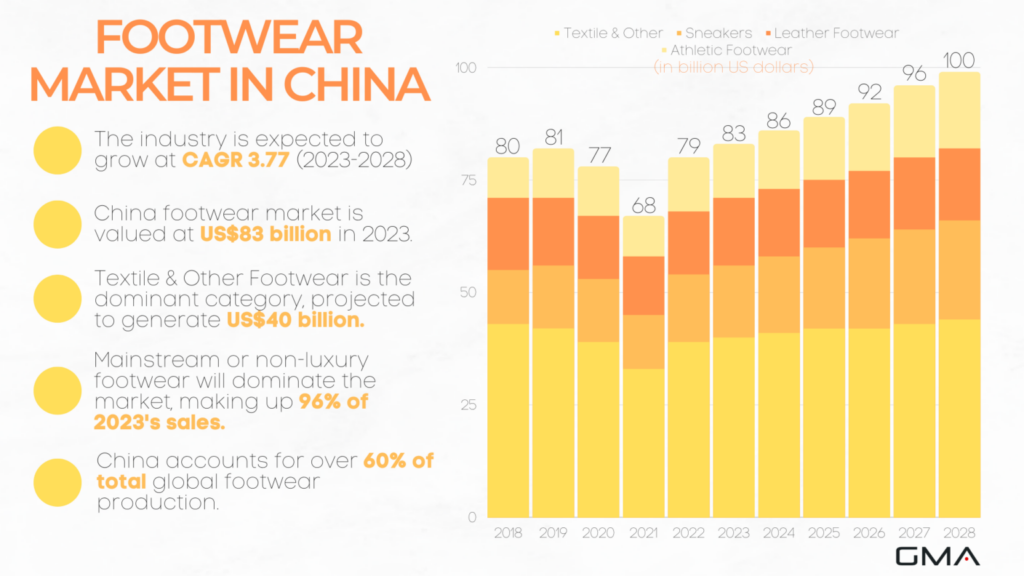
Textile & Other Footwear dominates, projected to earn US$40 billion in 2023. By 2023, each person in China will spend an average of US$56.74 on footwear, and the market will grow to 3.1 billion pairs by 2028. Non-luxury footwear will account for 96% of 2023 sales. An emerging trend is eco-friendly and local designer footwear, reflecting changing consumer tastes and environmental awareness.
China produces over 60% of global footwear, affirming its market dominance.
Emerging Trends in the Chinese Footwear Market
Sustainability and Eco-Friendly Practices
Heightened environmental consciousness among Chinese consumers has pushed footwear manufacturers to embrace eco-friendly materials and sustainable production methods.
Rise of Local Brands
Local Chinese footwear brands are gaining prominence, competing vigorously with international counterparts by offering improved quality, innovative designs, and a keen understanding of local preferences.
Athleisure Movement
The global trend of combining athletic wear with casual fashion has taken hold in China, driving demand for footwear that seamlessly blends sporty comfort with stylish aesthetics.
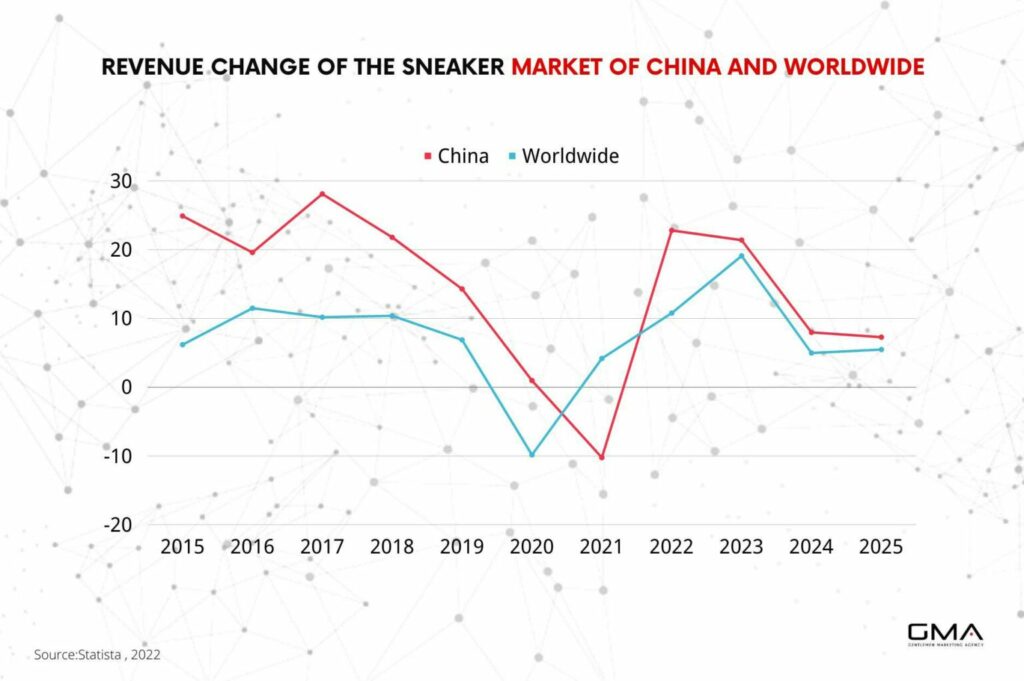
Customization Revolution
Advancements in technology and evolving consumer preferences have fueled interest in personalized and customized footwear, whether for style, fit, or functionality.
Luxury and Premium Appeal
A growing segment of consumers is willing to invest in high-quality, branded footwear, leading luxury and premium brands to capitalize on this trend.
Casualization of Footwear
Changing work cultures and lifestyle choices have boosted the popularity of casual shoes like sneakers and slip-ons for daily wear.
Smart Footwear Innovation
The integration of technology into footwear, such as shoes with embedded fitness trackers or heating elements for cold climates, is an emerging trend with promising potential.
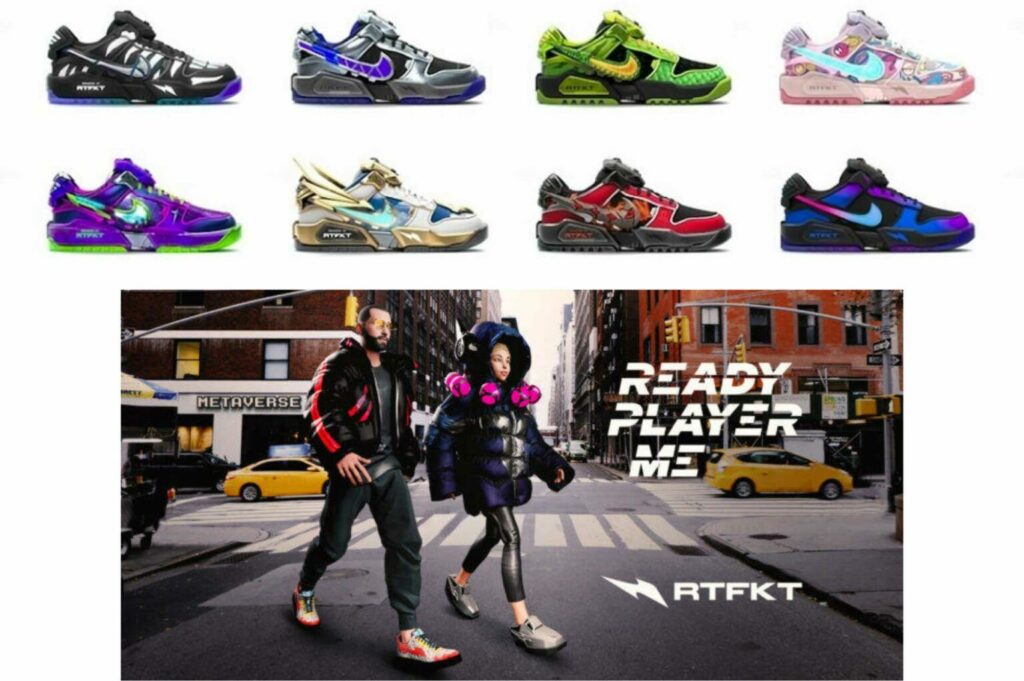
Collaborations and Limited Editions
Partnerships between footwear brands and celebrities, artists, or popular culture icons result in limited edition releases that generate excitement and cater to collectors and enthusiasts alike.
Cracking the Chinese Code: Essentials for International Footwear Brands on E-commerce Platforms
With enormous opportunities available in the Chinese footwear market, China’s E-commerce market is not the easiest one to enter due to the language barrier, cultural differences, and strict policies of e-commerce platforms but there are solutions offered by the local key players in the market who are pro at facilitating international brands to enter and be successful on Chinese E-commerce platforms.
Localization is Key
One of the foremost essentials for international footwear brands is localization. China’s culture, language, and consumer preferences are distinct, and tailoring your brand to resonate with local consumers is paramount. This includes not only translating your content but also understanding cultural nuances, trends, and regional variations in demand.
The Chinese market is known for its rapid changes and evolving trends. Staying agile and adapting to shifts in consumer preferences, fashion trends, and technological advancements is essential for long-term success.
Mobile Optimization
In China, mobile devices are the primary gateway to the internet. E-commerce is no exception, with a significant portion of online shopping conducted through smartphones. Therefore, it’s essential for international brands to have a mobile-optimized presence, ensuring that websites and apps are user-friendly and responsive to varying screen sizes.

Seamless Cross-Border Shopping
Chinese consumers often seek international products for their quality and uniqueness. Ensuring a seamless cross-border shopping experience, including transparent pricing, efficient shipping, and hassle-free customs processes, can significantly boost your brand’s appeal.
Trusted Payment Methods
Chinese consumers prefer using trusted payment methods like Alipay and WeChat Pay. Integrating these options into your e-commerce platform is essential for building trust and convenience.
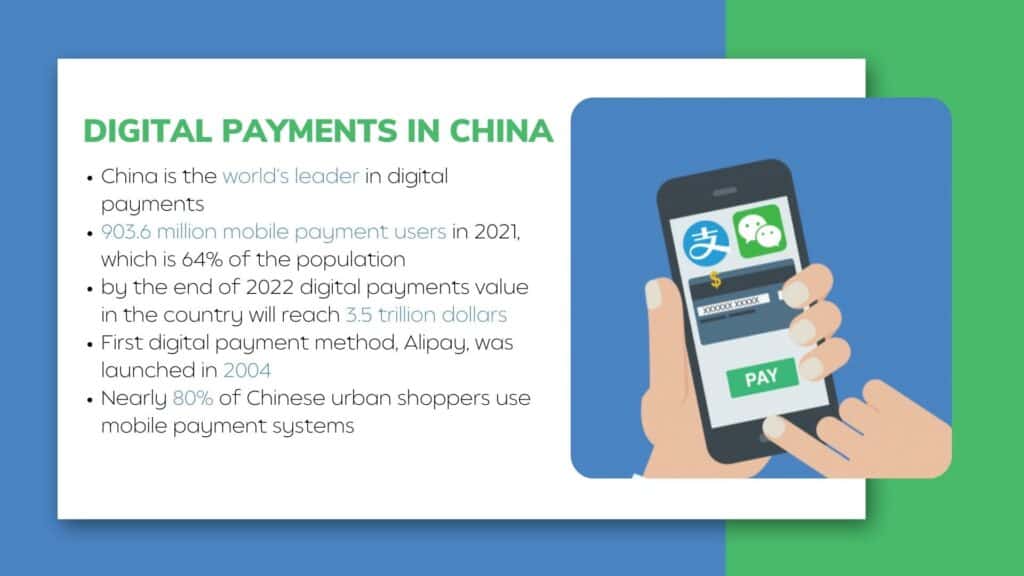
Social Commerce Integration
Chinese consumers heavily rely on social media for product discovery and recommendations. Integrating social commerce features into your e-commerce strategy, such as live-streaming, influencer partnerships, and user-generated content, can drive engagement and sales.
Authentic Brand Storytelling
Chinese consumers value authenticity and brand storytelling. Share your brand’s history, values, and commitment to quality through compelling storytelling to build trust and emotional connections with your audience.
Local Partnerships
Collaborating with local influencers, celebrities, or e-commerce platforms can help international brands gain visibility and credibility in the Chinese market. These partnerships can provide a valuable entry point and help navigate the nuances of the market.
Selling Footwear in China via E-commerce Platforms

E-commerce’s Dominance
The Chinese footwear industry has witnessed a transformative shift due to the influence of e-commerce. With the surge in online shopping, consumers now prefer purchasing shoes through digital platforms rather than traditional brick-and-mortar stores. China stands as the global e-commerce leader, accounting for nearly half of the world’s online transactions.
By 2023, it is projected that the Chinese footwear e-commerce market will reach an impressive US$31,488.3 million, constituting around 13.9% of the fashion e-commerce market in Greater China. This transition has resulted in reduced foot traffic in physical stores, with over 70% of China’s total retail sales projected to take place through e-commerce channels.
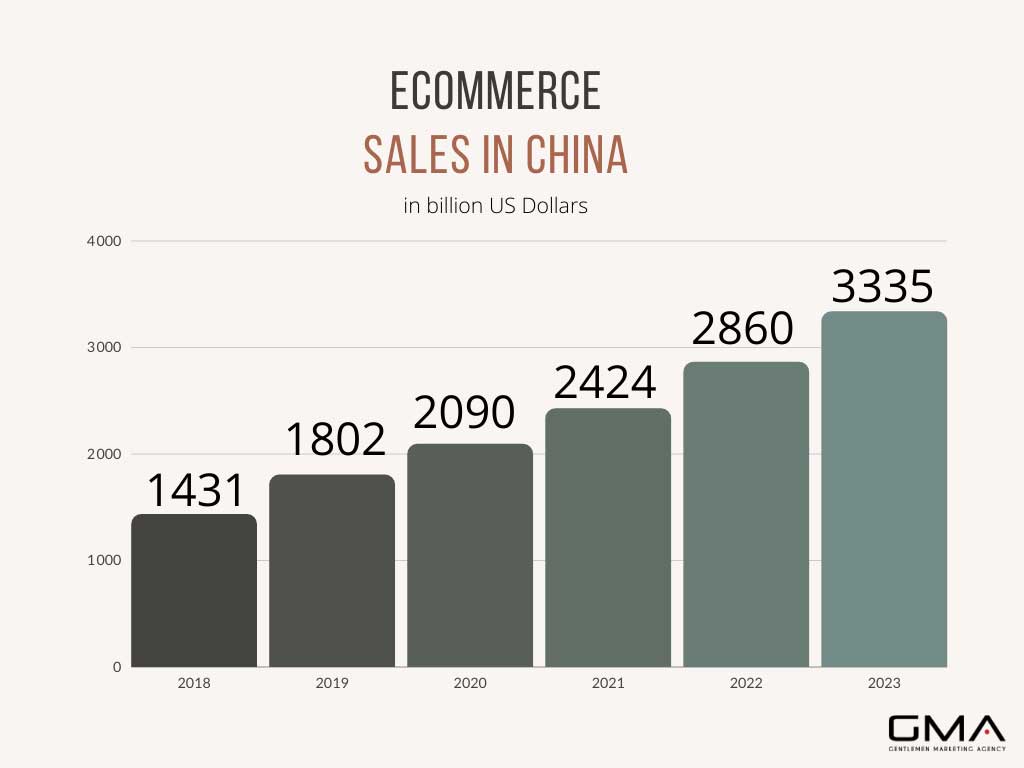
E-commerce market via TMALL or TMALL Global
It mainly focuses on premium brands. This characteristic makes TMALL the most expensive e-commerce marketplace in China. For Chinese consumers, a high price indicates high quality therefore many customers prefer buying their products from TMALL.com TMALL is owned by Alibaba Group. It allows international brands to open exclusive online stores and directly sell products to Chinese consumers without being physically present in China.
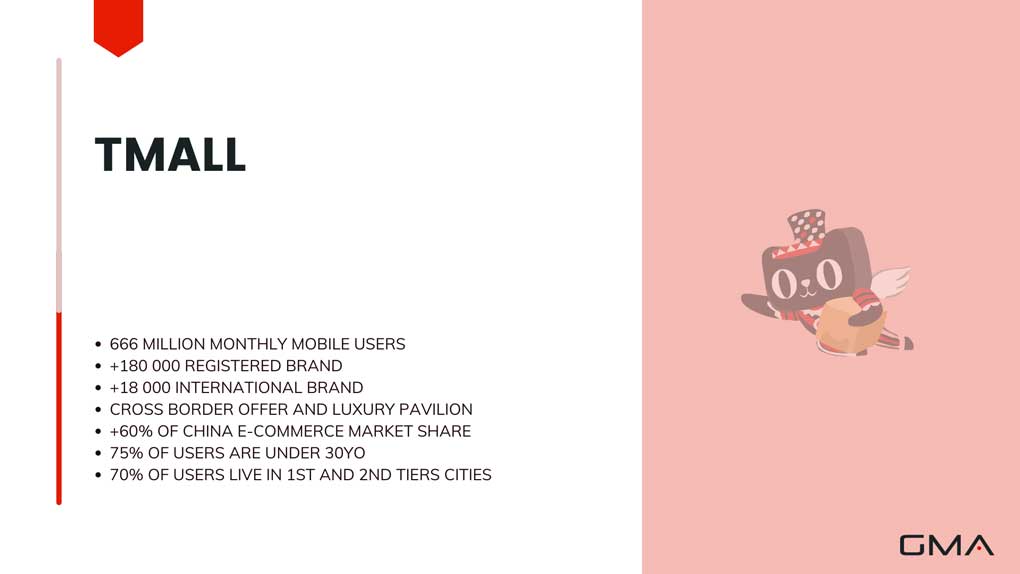
Apart from the formalities above the brand needs to have a strong digital marketing strategy catered towards Chinese online customers. The International brands need to gain visibility and build E-reputation in order to have a successful presence on the TMALL platform.
For more information on how to sell International products through TMALL, please contact a local digital marketing agency.
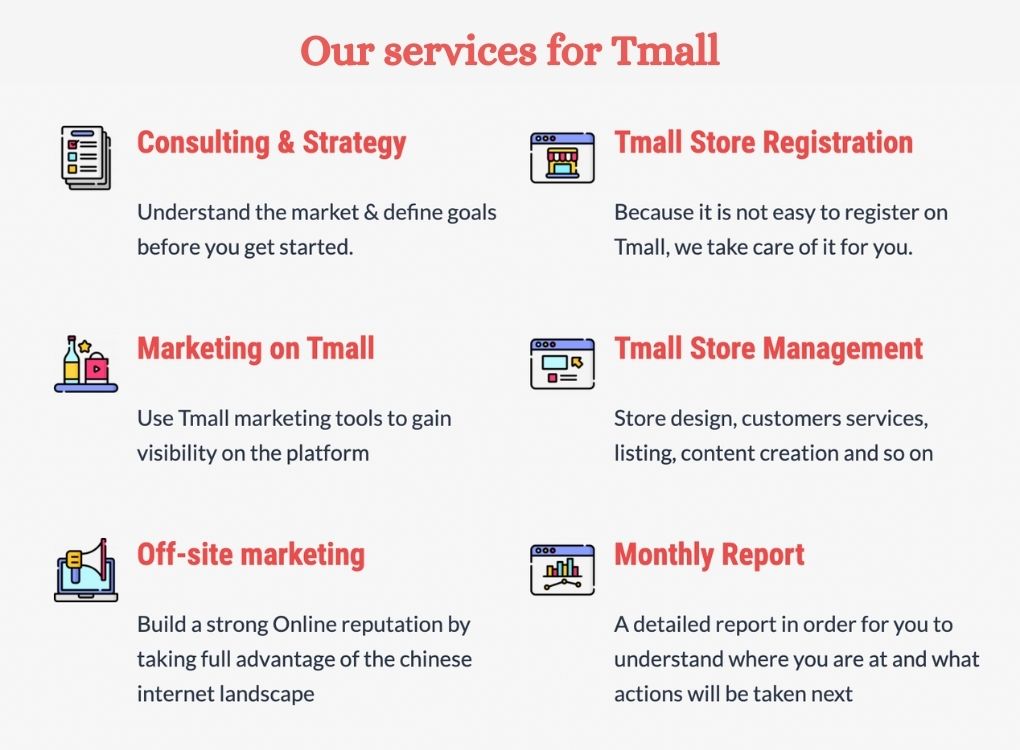
Entering Chinese E-commerce via JD.com
JD.com, as China’s largest online direct sales company, holds a significant position in the e-commerce landscape, even though it has a smaller market share compared to Tmall. International businesses find JD.com attractive due to its allowance for individual online stores and the importation of various products like food, beverages, apparel, and shoes.
JD’s cross-border service simplifies selling directly to Chinese consumers without requiring a local presence. Furthermore, JD.com is known for its affordability and rigorous anti-counterfeiting measures.
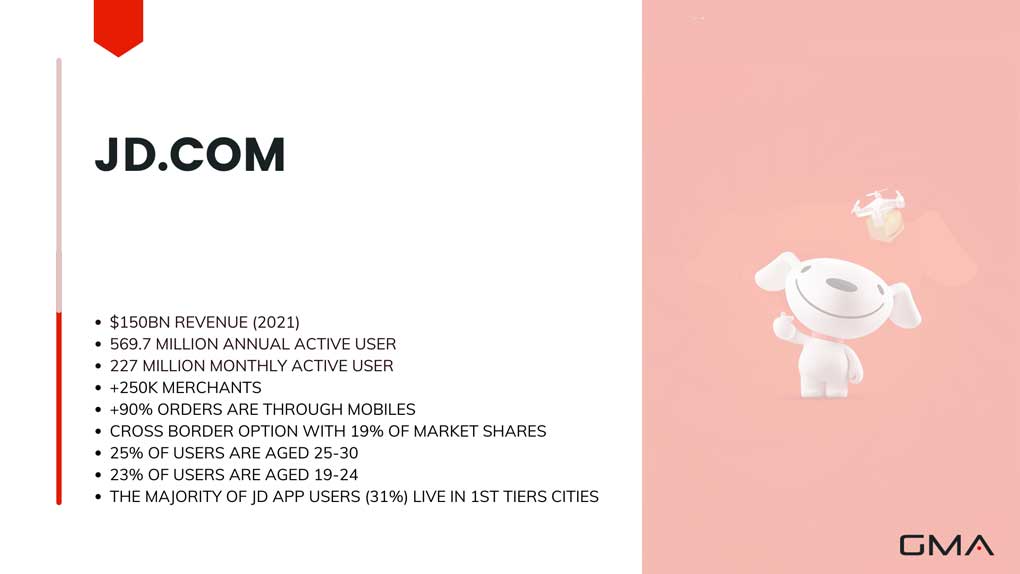
Taobao: Alibaba’s Dynamic C2C Marketplace
Taobao, a part of Alibaba Group, stands as China’s most extensive C2C e-commerce marketplace. It provides opportunities for both registered and non-registered businesses to connect directly with consumers.
Setting up a store on Taobao comes at a minimal cost, but the platform is characterized by intense competition among small individual sellers, who prioritize price competitiveness. Honesty and authenticity are core values in their trade ethics, although sellers with limited budgets and lower-quality products often opt for this platform.

Engage Actively on Chinese Social Media Platforms
To succeed in the Chinese digital landscape, especially for footwear brands, active engagement on major social media platforms is essential. Let’s explore the significance of leveraging these platforms:
Dewu Poizon’s E-Commerce Platform
Dewu Poizon is making waves in the e-commerce arena with its cutting-edge approach. This innovative platform caters to the fashion-forward preferences of Chinese millennials and Gen Z by focusing on the exchange of authentic sneakers and sports equipment. Dewu Poizon has introduced unique features that elevate the online shopping experience to new heights.
Their pioneering shoe identification technology underscores their unwavering commitment to ensuring that only genuine products are traded on their seamless, interactive mobile platform.
Additionally, Dewu Poizon boasts a balanced gender split within its community, fostering a vibrant social commerce environment. Users not only have access to a wide range of brand-new and second-hand items but can also engage socially while exploring this trend-setting marketplace.
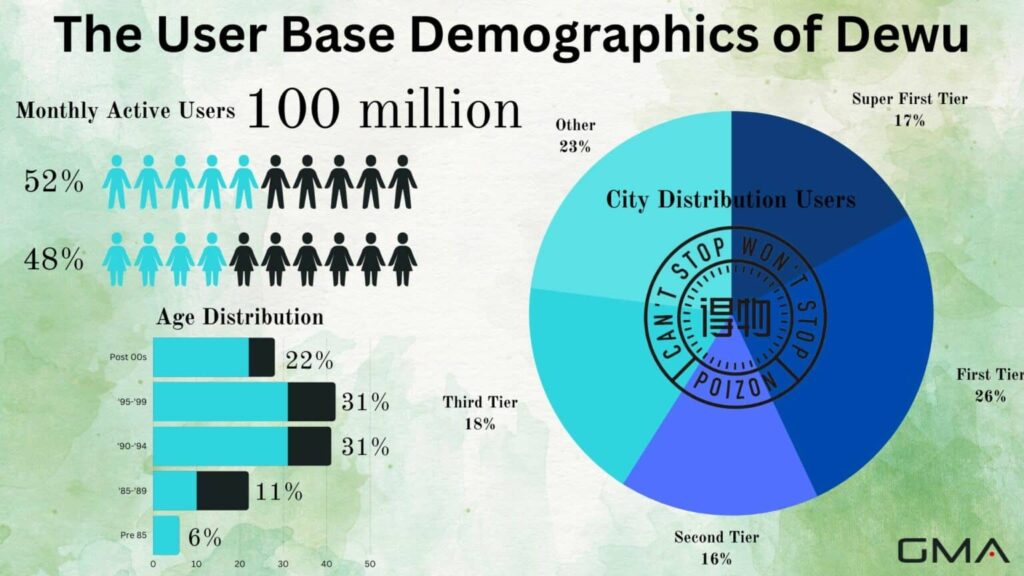
WeChat: The Swiss Army Knife of Apps
WeChat, often dubbed the “app for everything,” is an indispensable tool for brands venturing into China. Its multifaceted functionalities encompass messaging, shopping, payments, and appointment bookings. For footwear brands, WeChat’s ‘Moments’ feature, akin to Facebook’s feed, provides a platform for targeted advertising.
Additionally, its ‘Mini Programs’ function as self-contained mini-apps within WeChat, offering a seamless shopping experience without users ever leaving the platform. Actively participating on WeChat not only ensures brand visibility but also enables direct communication and e-commerce capabilities with the target audience.

Weibo: Shaping Trends and Influencing Opinions
Weibo, often likened to a blend of Twitter and Facebook, serves as a trendsetting hub where opinions take form. This platform empowers brands to share updates, interact with followers, and execute impactful advertising campaigns.
For footwear companies, Weibo presents a treasure trove of opportunities for influencer collaborations. Many Chinese celebrities and Key Opinion Leaders (KOLs) actively endorse products, making it an ideal space for brand partnerships. Consistent posting, engaging campaigns, and real-time interactions can propel brands to the forefront and expand their reach to a broader audience.
Xiaohongshu (Little Red Book): Where Content Meets Commerce
Xiaohongshu, primarily a user-generated content platform, ingeniously merges social media and e-commerce. Users frequently share product reviews, shopping advice, and lifestyle insights.
Footwear brands can leverage Xiaohongshu’s influence by encouraging satisfied customers to share their experiences and fostering organic buzz. Collaborating with influential users and sharing brand narratives that resonate with the predominantly female user base can further enhance brand visibility and foster customer loyalty.
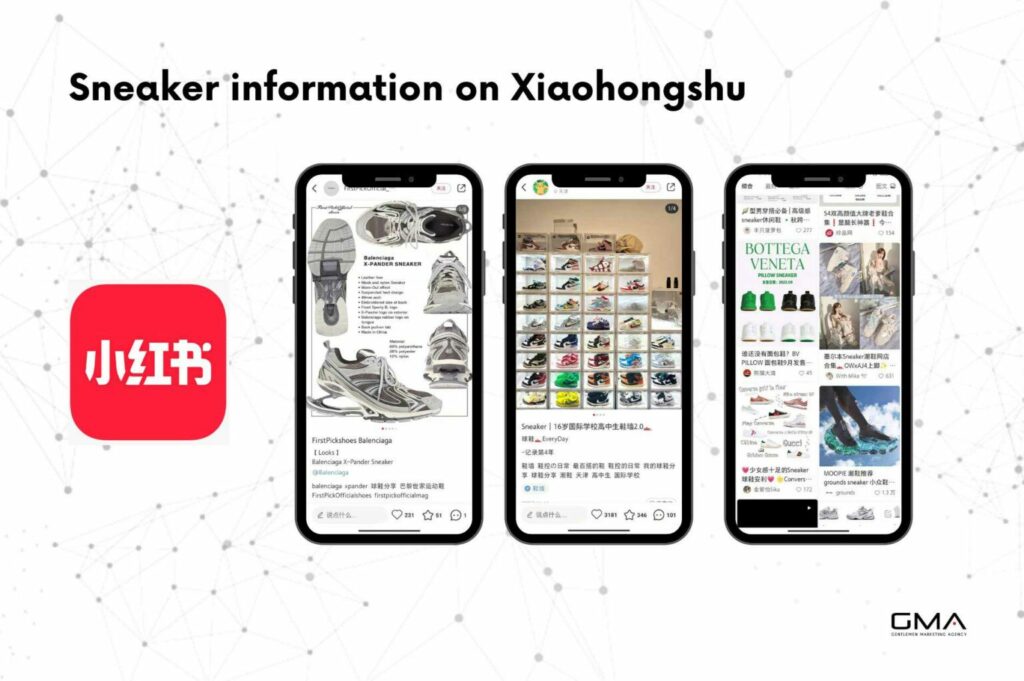
Empower Your Footwear Brand in China with Gentlemen Marketing Agency
Thriving in China’s ever-evolving footwear industry necessitates more than just a remarkable product; it demands a profound grasp of the market, cultural intricacies, and the latest trends. This is precisely where Gentlemen Marketing Agency excels.
Our forte lies in crafting tailor-made marketing strategies impeccably suited to the distinctive requisites of the Chinese footwear market. Whether you’re an established brand aiming to fortify your presence or a newcomer striving for a memorable entry, we possess the tools and insights to propel you forward.
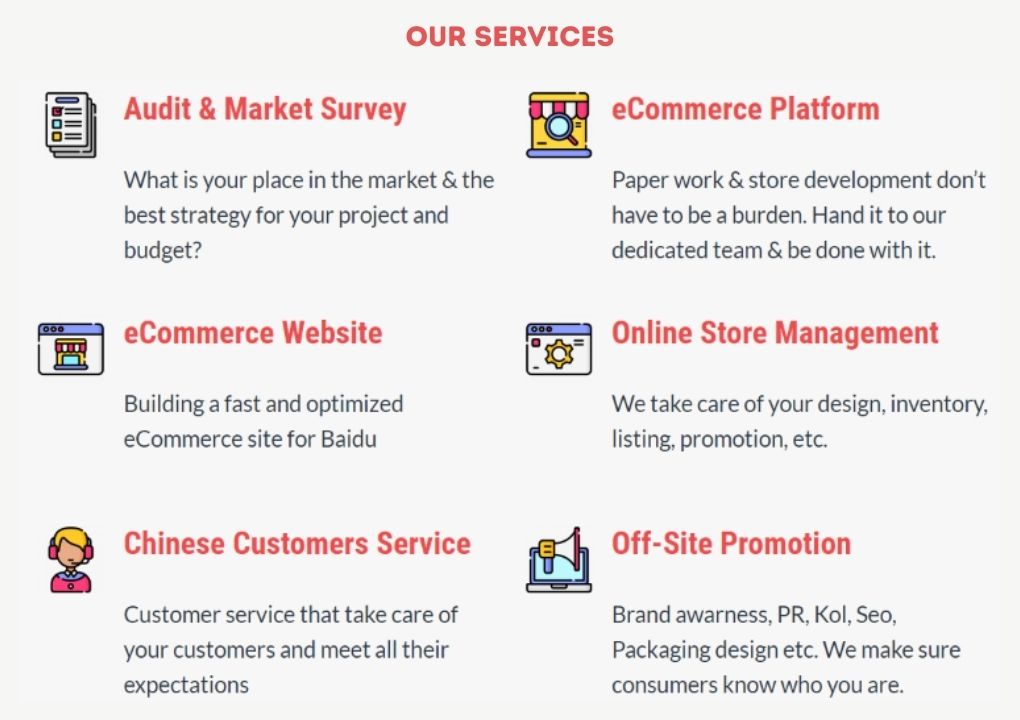
Would you like to learn more about China’s shoe market, and what is the ideal strategy to step into gigantic Chinese E-commerce platform?
You can reach us for a friendly discussion and learn about your brand’s prospects in the Chinese E-commerce market. Our Digital Marketing agency provides international brands with tools that are optimal to unlock this enormous market to earn their full potential and multiple sales with millions of users. If you are interested in exploring Chinese Digital E-Commerce platforms, reach out to us for customized advice.

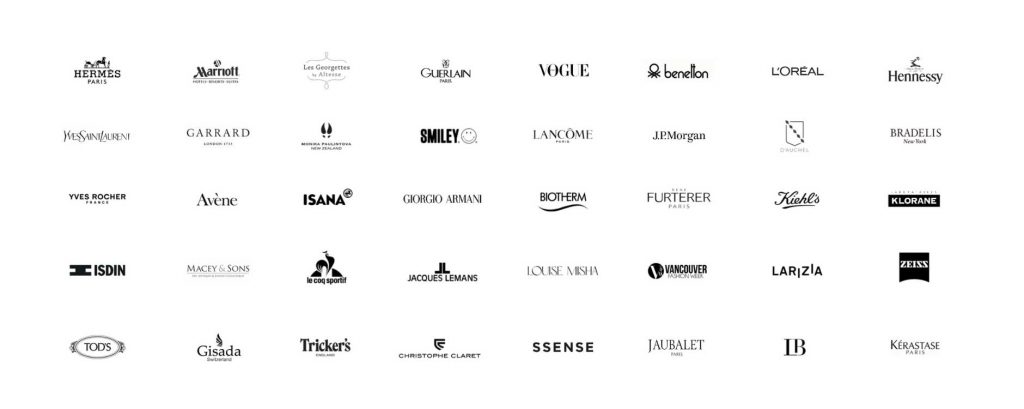

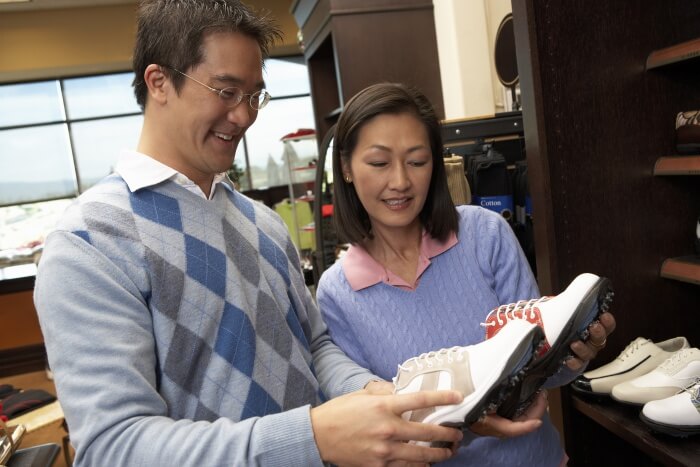
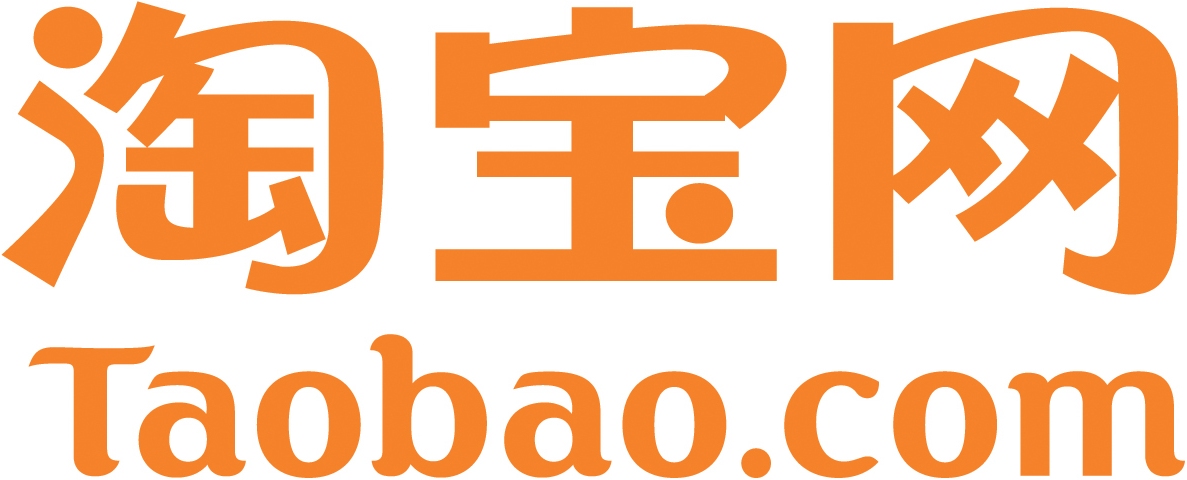
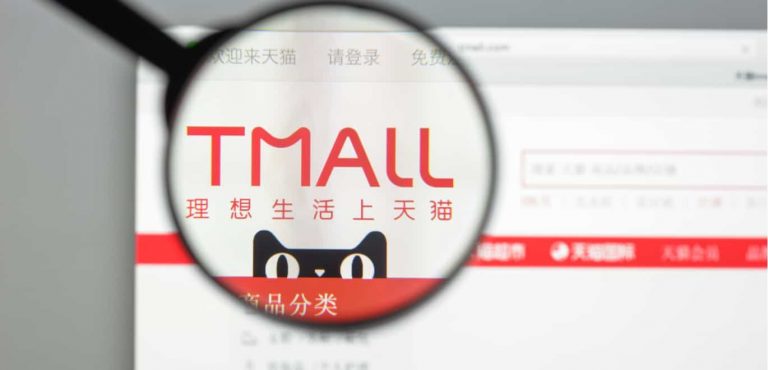



One Comment